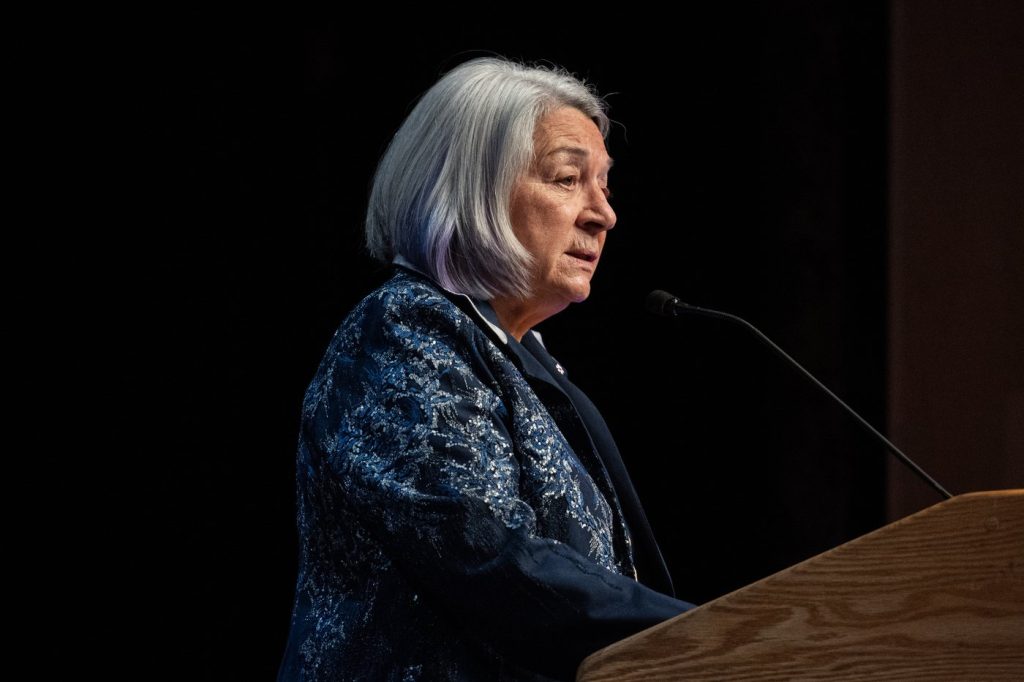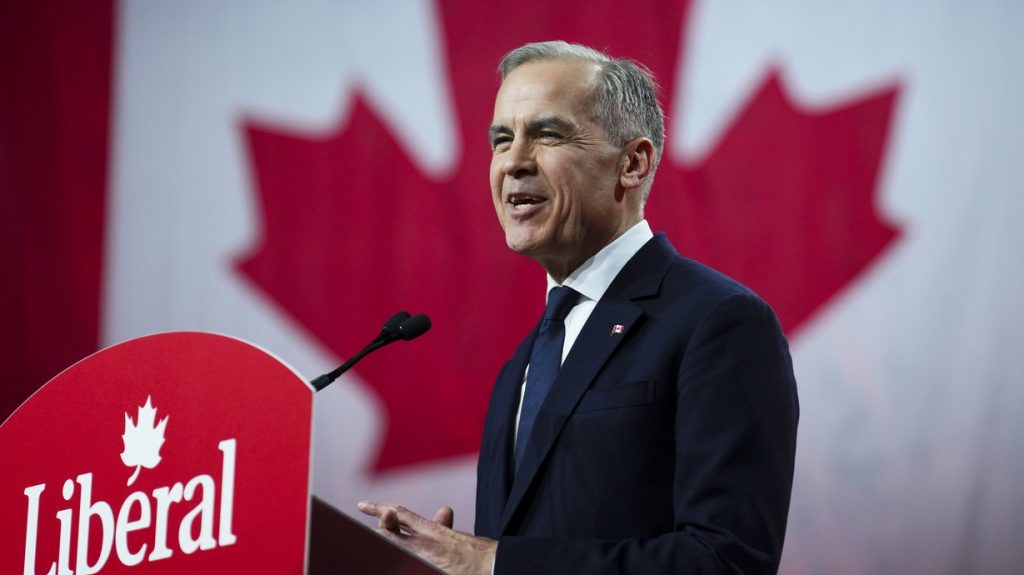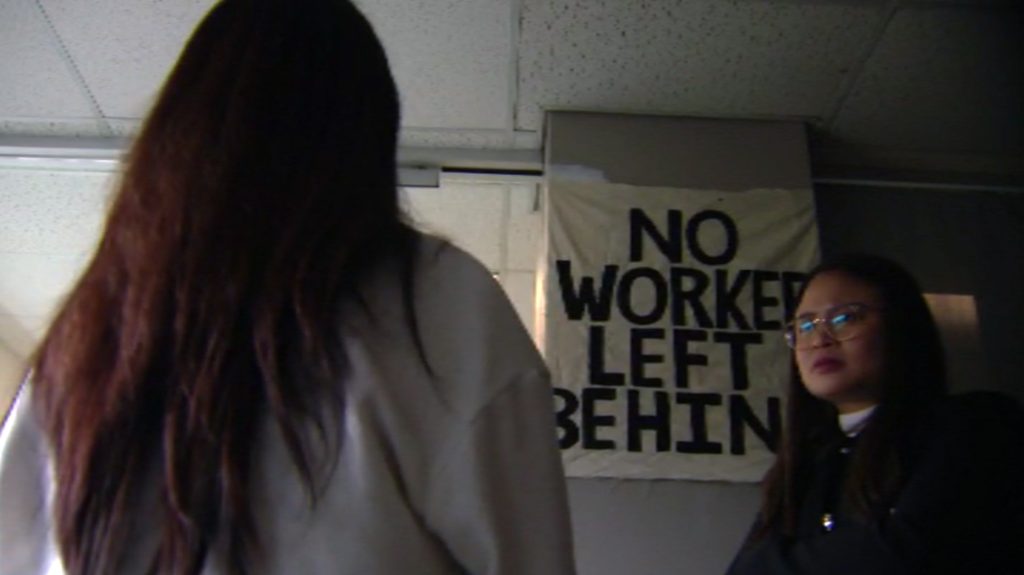Indigenous leaders gathered in Rome for the funeral of Pope Francis expressed their hope that the Vatican will continue the reconciliation efforts that he championed throughout his papacy. Among the attendees was Mary Simon, Canada's first Indigenous Governor General, who highlighted the importance of the pope's apology regarding the widespread abuses within the residential school system. This apology was seen as a critical step towards addressing historical injustices faced by Indigenous Peoples.
During the funeral, Simon led the Canadian delegation and took time to reflect on Pope Francis's monumental visit to Canada in July 2022, where he aimed to connect with Indigenous communities. Simon emphasized that the pope's apology was "a significant milestone" on the journey toward reconciliation. Wilton Littlechild, a residential school survivor and former commissioner of the Truth and Reconciliation Commission of Canada, echoed her sentiments, expressing a desire for Francis's successor to carry forward the reconciliation efforts instigated by the late pope.
Simon commented, "The apology was a significant milestone, and we have to continue working together on the journey of reconciliation." She further noted the significance of the fact that Pope Francis delivered his apology on Canadian soil, particularly on Indigenous lands. Littlechild's remarks focused on the importance of ongoing efforts toward healing, stating, "I’m hoping that there will be a continuation with the new pope not having to start over, but continue, but elevate the work in terms of really challenging ourselves and each other."
Pope Francis's visit to Canada was termed a "penitential pilgrimage" as he prioritized meeting Indigenous survivors of residential schools and listening to their stories. In Maskwacis, Alberta, he publicly begged for forgiveness, expressing shame for the Church's role in the abuses committed against Indigenous children. In Nunavut, he engaged with survivors who demonstrated traditional practices that had been forbidden in residential schools, such as dancing, drumming, and throat singing.
While the papal visit was acknowledged as a significant step forward, some critics pointed out that the pope did not explicitly name the crimes and abuses. There were also calls for more concrete actions, such as the return of sacred Indigenous artifacts held by the Vatican. Simon stressed the importance of sustaining reconciliation efforts, stating, "It’s a long process, but you see things moving forward. And I hope that will continue to happen."
It is estimated that approximately 150,000 Indigenous children were forced to attend residential schools, with more than 60 percent of these institutions managed by the Catholic Church. The hope is that under the leadership of the new pope, the momentum towards addressing these historical wrongs will not only persist but escalate, fostering a deeper commitment to the healing journeys of Indigenous communities.












